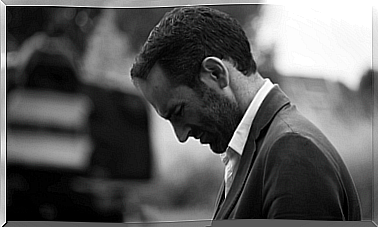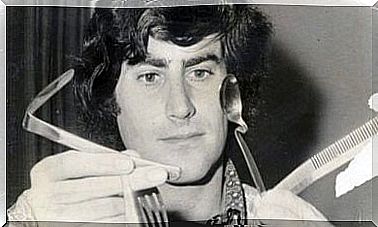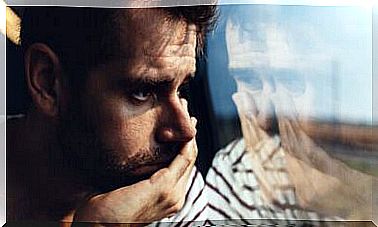Nikola Tesla, The Solitude Of The Genius Of Light
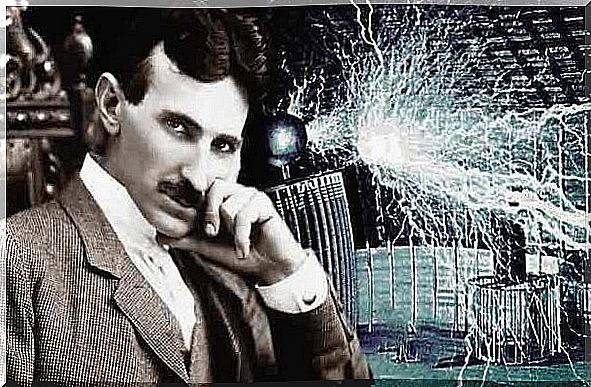
It is often said that Nikola Tesla was the genius who illuminated the world, and that to imagine our life without his legacy, we would just have to turn off the light. However, his face is in turn magnetized by this loneliness and this incomprehension which often accompany great minds: always complex, always fascinating.
One of Tesla’s best-known phrases is the one immortalized by journalists of the time and which in a way also served to profile a little more his style vehemently and always seeking to produce an effect: “the present is yours, but the future is mine. ”
Maybe he was right. Many are those who assert that without him, our world would have the reminiscences of an enigmatic scenario, like the silent forest of Sleeping Beauty. A land plunged into darkness, without radio, television, gigantic industries and the eternal hum of our modern cities.
We owe Tesla the induction coil that ushered in the radio era. He was also the architect of the transition system that transports electrical energy in our homes, remote control and remote control, wireless telegraphy, violet rays of light and even magnetic resonance. All this without naming its most dreamed of engineering, but subsequently failed, forgotten or even destroyed, the “Wardenclyffe” project, which aimed to produce free and wireless energy throughout the world.
For many, this modern project fell into oblivion as it faced the power of the industry of the time and tried to deliver it to the humblest people. Either way, something that isn’t talked about as often is the personality of Tesla himself, his psychology, and that more intimate and personal universe that existed behind the genius.
We invite you to learn more about this man later in this article.
There are several books that delve into this deeper and more personal universe of Nikola Tesla. Eclairs by Jean Echenoz is one of them, as is Nikola Tesla, personalidad y neurosis (“Nikola Tesla, personality and neurosis”, in French), by Serbian doctor Zarko Trebjesanin. He has always been a bright person with a high IQ. His genius was nourished above all by a mechanism that Tesla himself had begun to practice from an early age: a solid and stubborn discipline.
When an idea popped up in his mind, he didn’t give it up until he gave it shape. We know that he slept little, that he ate less and that from a very young age he had associated his creativity with strict standards, hard hours and an approach where emotions were necessarily relegated to the background. His science had an iron will, to the point where he wanted to become an ascetic, avoiding any emotional relationship: according to him, this type of relationship would have made him lose objectivity in his creative work.
This was arguably something he later regretted, and in an interview he even ended up bemoaning his loneliness. He admitted that the creative task involves a lot of passion, but at the same time his hungry mind was also his greatest enemy: he was always filled with multiple ideas and complex projects that attacked him like storms, like storms. lightning bolts which he had to obey with force.
Nikola Tesla arrived in New York in 1885. He only had with him a notebook full of calculations, thousands of ideas in his mind, a few poems and four cents in his pocket, yet he knew very well what was going on. he wanted. Only a year later, he had already sold the patent for the AC motor to George Westinghouse and was immersed in what is known as “the war of the currents” in the face of his greatest enemy, Thomas Edison.
However, this mind was inhabited by an endless array of ideas, complex worlds charged with electricity and systems that connected invisibly across distance and failed to take shape. Or at least not like Tesla wanted. He ran into two big rivals: a strong system and self-serving politics that did not fit Tesla’s “risky” ideas. In addition, he suffered from obsessive-compulsive disorder which took away his good humor and worsened his health at the end of his life.
The last years of Nikola Tesla’s life were particularly difficult. His obsessive-compulsive disorders have come to condition his habits to a large extent. He lived in hotels, where he always asked for 18 towels. When he ate – which was rare – he demanded to have 18 napkins on the table as well.
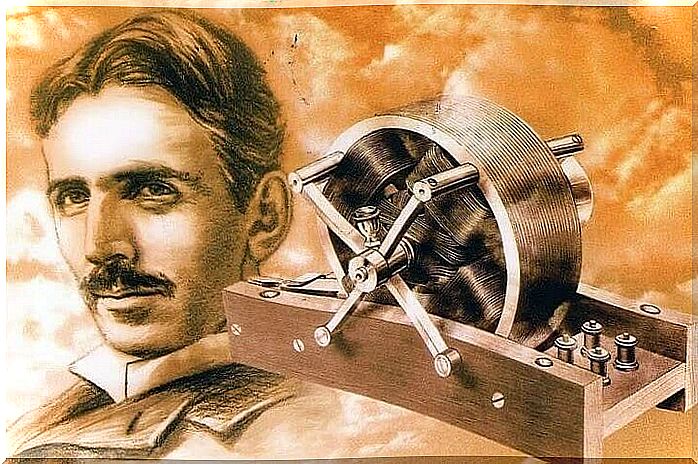
The room where he stayed was always 207, because this number is divisible by 3. His strange obsession for the number 3 and for the idea of offering energy for free to the world and without cables took away his health. as well as his personal balance. His level of self-demand was so high that the neurosis reached disproportionate limits. The sounds hurt him; he became hypersensitive. In addition, he had no more money, because he lacked any professional ambition.
He sold all his patents and fell into the most extreme poverty, leaving others with an endless amount of work and documents that would make them rich people. To date, the name of Tesla has regained its brilliance and this light that not only wants to bring us progress, but also this strange altruism of a person who has never sought to get rich, not only to put science in the service of humanity.

